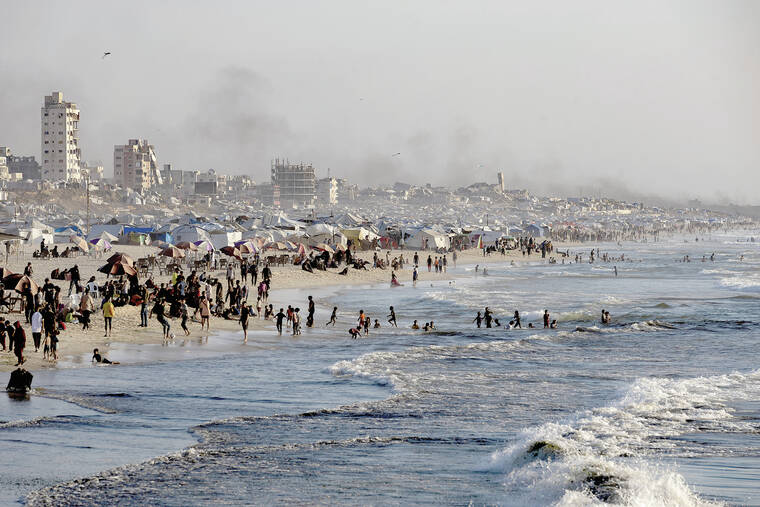The ongoing discourse surrounding international relations with Iran frequently centers on a fundamental divergence: the efficacy of diplomatic engagement versus the necessity of decisive military action. This critical debate has intensified in recent years, particularly in light of various strategies employed by different administrations to manage Iran’s nuclear ambitions and its broader regional influence. Understanding the complexities of this geopolitical challenge requires a thorough examination of past approaches and their perceived outcomes.
A notable point of contention arises from the Joint Comprehensive Plan of Action (JCPOA), a diplomatic agreement lauded by some as a pathway to peace, yet criticized by others for its perceived shortcomings. Proponents of military intervention often argue that this agreement inadvertently furnished Iran with substantial resources, which were subsequently, or concurrently, allocated towards various activities deemed detrimental to regional stability. This perspective highlights a fundamental distrust in the long-term effectiveness of agreements that do not comprehensively address the root causes of conflict.
Critics of the JCPOA point to subsequent regional escalations as evidence of its failings. Specifically, the devastating attacks by Hamas, which resulted in significant Israeli casualties and abductions, are frequently cited as a direct consequence of Iran’s ability to fund and arm its proxies. Furthermore, an observable increase in bombings and hostile actions by various Iranian-backed groups across the Middle East is presented as a clear indicator that diplomatic frameworks alone are insufficient to curb aggressive state and non-state actors.
Adding to the complexity, international bodies like the International Atomic Energy Agency (IAEA) have periodically raised concerns regarding Iran’s adherence to nuclear nonproliferation obligations. These reports lend weight to arguments that Iran’s strategic objectives extend beyond peaceful nuclear energy, reinforcing the conviction among some policymakers that robust measures, beyond traditional diplomacy, are imperative to ensure global security and prevent the proliferation of advanced weaponry.
The debate further extends to the human cost of intervention. While some argue that military actions inevitably lead to a tragic loss of life, a counter-narrative suggests that proactive military intervention against states or regimes deemed hostile can, in fact, save countless lives in the long run. This view posits that dismantling corrupt, ideologically-driven entities, particularly those aiming to destabilize regions, prevents far greater future conflicts and humanitarian crises.
Central to this argument is the assertion that certain regimes harbor ambitions that cannot be curtailed through negotiation. In the context of Iran, the stated aspiration to extend Sharia law globally through jihad, or holy war, is presented as an ideological cornerstone that fundamentally resists diplomatic solutions. From this viewpoint, engagement and dialogue are seen as futile against an adversary whose ultimate goals are deemed irreconcilable with international peace and democratic values.
Therefore, proponents of a firmer stance advocate for the continued application of pressure, including targeted military actions and stringent sanctions, as the only viable means to counteract what they perceive as an existential threat and refine geopolitical strategy. This approach prioritizes immediate security and the proactive neutralization of perceived dangers over the protracted, and potentially ineffective, processes of traditional diplomacy. The core question remains whether global peace is best preserved through dialogue or through decisive action against perceived threats.






Leave a Reply